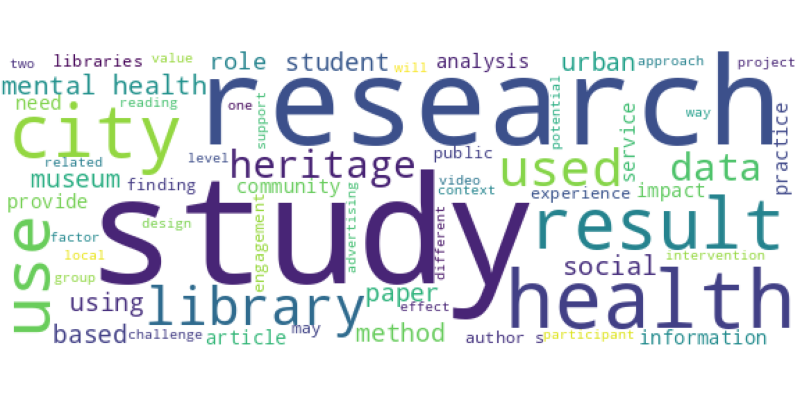| Id | 2367 | |
| Author | Samad L.; Teague B.; Elzubeir K.; Moreira K.; Agarwal N.; Bagge S.; Marriott E.; Wilson J. | |
| Title | Mental health care using video during COVID-19: service user and clinician experiences, including future preferences | |
| Reference | Samad L.; Teague B.; Elzubeir K.; Moreira K.; Agarwal N.; Bagge S.; Marriott E.; Wilson J. Mental health care using video during COVID-19: service user and clinician experiences, including future preferences,Mental Health Review Journal 28 1 |
|
| Link to article | https://www.scopus.com/inward/record.uri?eid=2-s2.0-85146058871&doi=10.1108%2fMHRJ-06-2022-0036&partnerID=40&md5=a2e4c1189e3ff9a899692d99d72e85a7 |
|
| Abstract | Purpose: This paper aims to evaluate service user (SU) and clinician acceptability of video care, including future preferences to inform mental health practice during COVID-19, and beyond. Design/methodology/approach: Structured questionnaires were co-developed with SUs and clinicians. The SU online experience questionnaire was built into video consultations (VCs) via the Attend Anywhere platform, completed between July 2020 and March 2021. A Trust-wide clinician experience survey was conducted between July and October 2020. Chi-squared test was performed for any differences in clinician VC rating by mental health difficulties, with the content analysis used for free-text data. Findings: Of 1,275 SUs completing the questionnaire following VC, most felt supported (93.4%), and their needs were met (90%). For future appointments, 51.8% of SUs preferred video, followed by face-to-face (33%), with COVID-related and practical reasons given. Of 249 clinicians, 161 (64.7%) had used VCs. Most felt the therapeutic relationship (76.4%) and privacy (78.7%) were maintained. Clinicians felt confident about clinical assessment and management using video. However, they were less confident in assessing psychotic symptoms and initiating psychotropic medications. There were no significant differences in clinician VC rating by mental health difficulties. For future, more SUs preferred using video, with a quarter providing practical reasons. Originality/value: The study provides a real-world example of video care implementation. In addition to highlighting clinician needs, support at the wider system/policy level, with a focus on addressing inequalities, can inform mental health care beyond COVID-19. © 2022, Emerald Publishing Limited. |
|
| Keywords |
Wordcloud:



